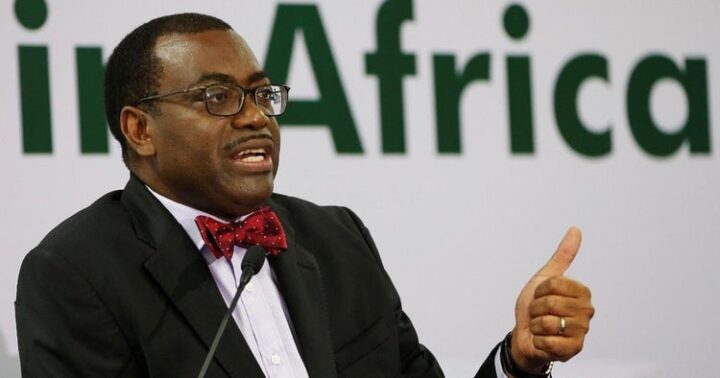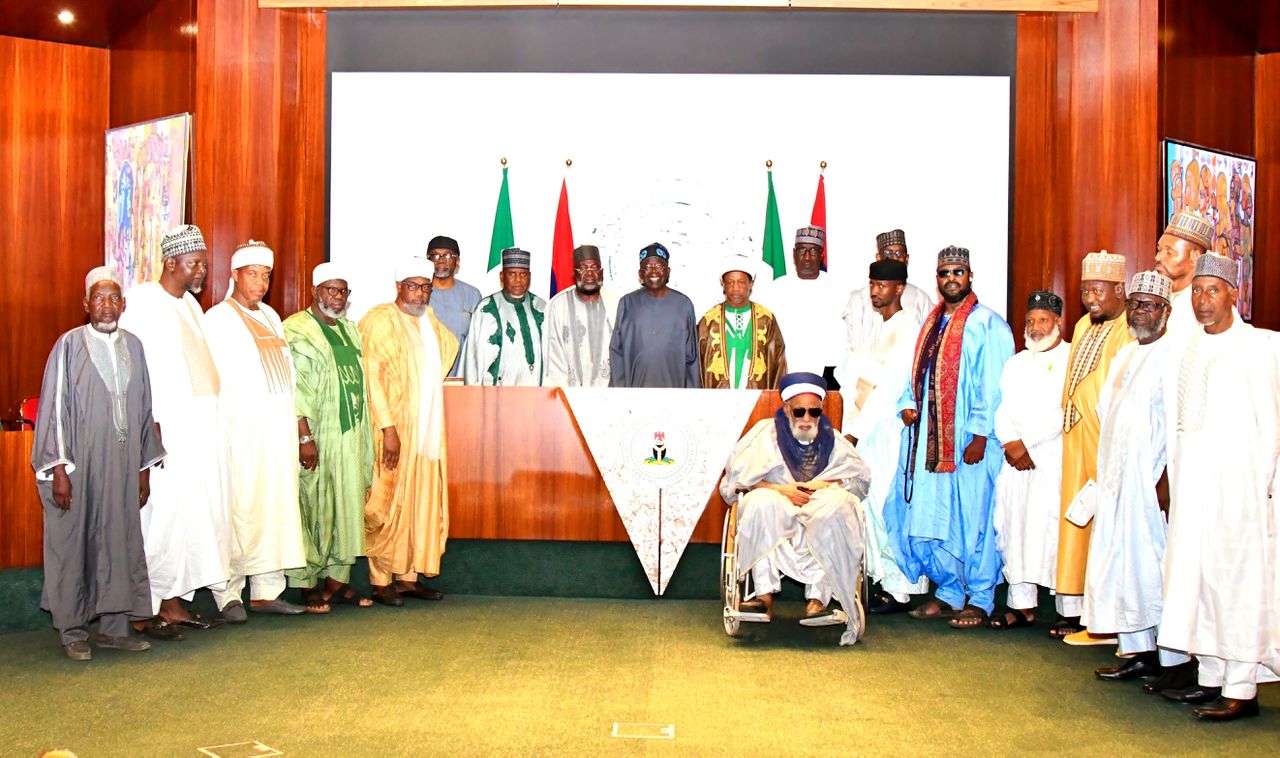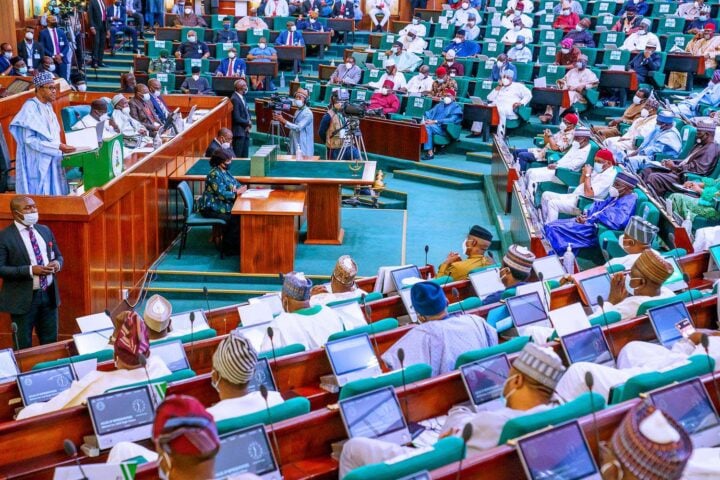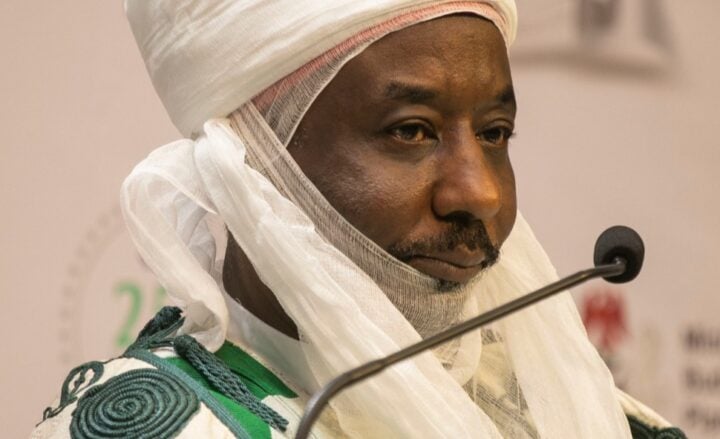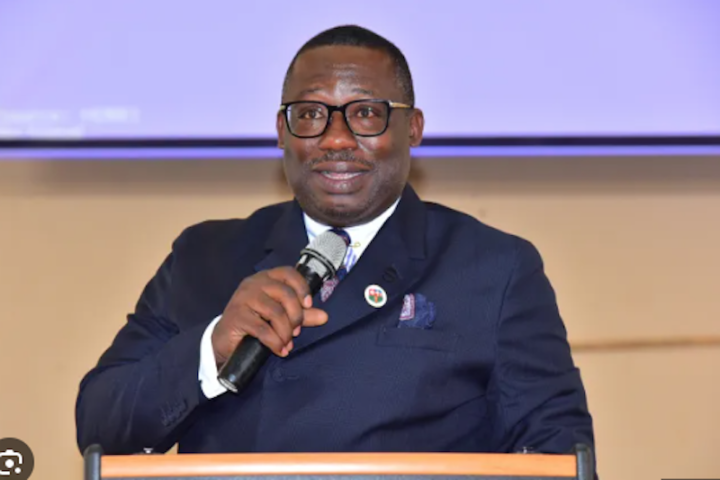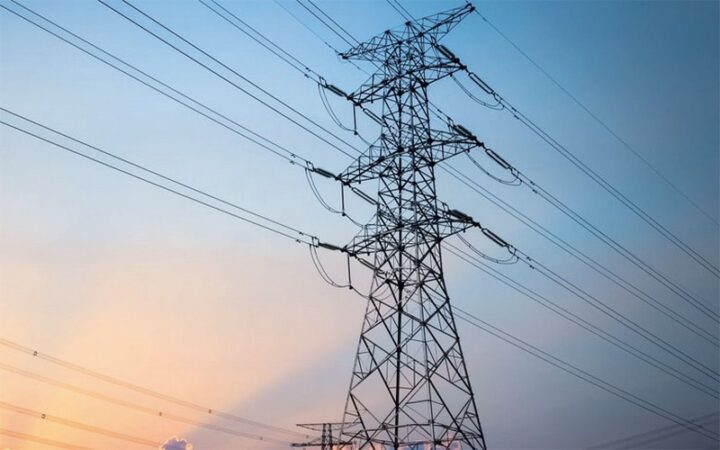The African Development Bank (AfDB) says West Africa experienced slower economic growth over the past year except for Cabo Verde, The Gambia, Guinea, Mali, and Niger.
This is contained in the development finance institution’s recently-released 2023 West Africa Economic Outlook report.
AfDB said the report titled ‘Mobilising Private Sector Financing for Climate and Green Growth in West Africa’ assessed the economic performance of 15 West African countries.
The countries include Benin, Burkina Faso, Cabo Verde, Côte d’Ivoire, The Gambia, Ghana, Guinea, Guinea-Bissau, Liberia, Mali, Niger, Nigeria, Senegal, Sierra Leone and Togo.
Advertisement
The report noted that West Africa’s average gross domestic product decelerated to 3.8% in 2022 from 4.4% in 2021, implying that the growth recovery from the 2020 downturn had slowed.
It attributed decelerating growth to, among other factors, such successive shocks as the resurgence of Covid-19 in China, a major trade partner for the region’s countries.
It also said Russia’s invasion of Ukraine has also spurred inflationary pressures on the cost of food, fuel and fertiliser in many West African countries.
Advertisement
The report further revealed that advanced economies have also tightened monetary policy, which has heightened aversion to risk globally and increased exchange rate pressures.
Still, it said, the region’s gross domestic product (GDP) growth outlook is positive, and projected to pick up slightly, hitting 3.9 percent in 2023 and 4.2 percent in 2024.
The report said that adapting to climate change and the depletion of the region’s natural resources presented an opening for businesses and governments to embrace sustainable and green growth.
According to the report, “West Africa has enormous potential to achieve green growth, green industrialization being the most obvious pathway.”
Advertisement
“The rationale for green growth across the region is quite comprehensive: climate change impacts and risks, natural capital depletion, poverty, and food insecurity, as well as limited employment creation and many capital-intensive enclaves.”
Speaking during the launch of the report, Kevin Urama, AfDB chief economist and vice president for economic governance and knowledge management, said that multiple challenges had led to rising interest rates and were compounding debt service payments to African countries.
He explained that these included climate change, inflation driven by higher prices of energy, commodities, and disruption of supply chains, as well as the tightening of monetary policy in the United States and Europe.
Urama added that greater effort will be needed in Africa to mobilise domestic resources and private sector financing to help countries achieve climate and green growth transitions.
Advertisement
Add a comment
